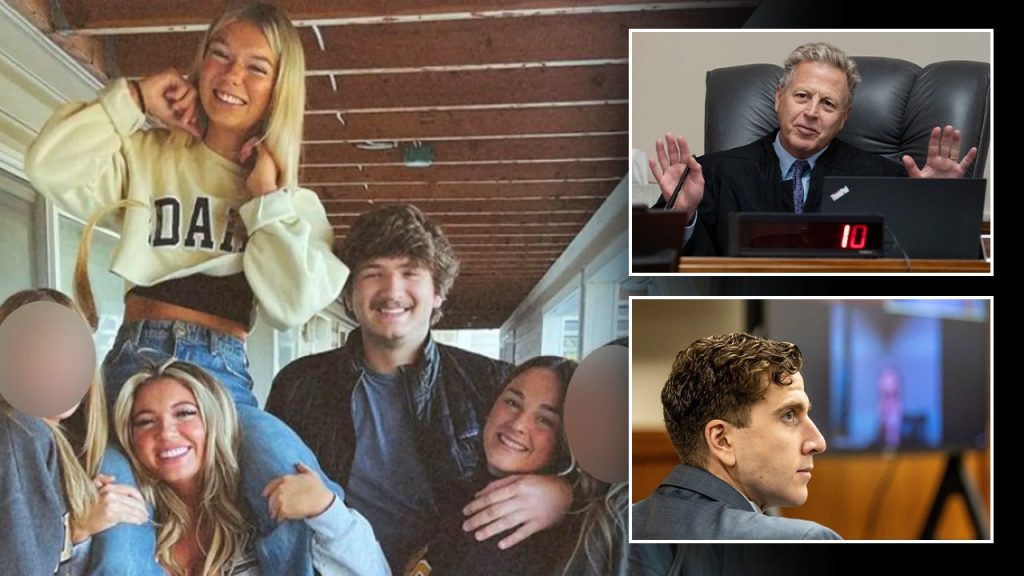An Idaho judge criticized Bryan Kohberger’s defense team for sending a questionnaire to approximately 400 local residents, including potential jurors, without court permission or discussion with the state. The survey included detailed questions about the murder case, raising concerns about disseminating evidence and violating the gag order. The defense’s aim was to determine if any Latah County residents could serve on Kohberger’s jury fairly, but the questions were deemed inappropriate by the prosecution.
The defense was gathering evidence to support a venue change for Kohberger’s trial to a different jurisdiction, claiming bias among Latah County residents. A social psychologist was hired to conduct the polling, but it was later discovered that many questions were factually incorrect. The psychologist denied violating the gag order, stating that the information included in the questions was widely reported and available to the public. Both the defense and prosecution were criticized for not collaborating on what information could be released to the public.
The judge expressed concern over the impact of the questionnaire on Kohberger’s case, noting that some questions could be seen as prejudicial or inculpatory. He was surprised that the defense and prosecution did not work together to ensure fairness and protect against potential bias. The defense claimed that Judge violated due process by preventing further surveying of prospective jurors, which the judge found troubling and took very seriously. The defense argued that due to the high-profile nature of the case and the surrounding publicity, the trial should be moved to a different location.
Bryan Kohberger, a former criminology Ph.D. student, is charged with four counts of murder and burglary for allegedly stabbing four University of Idaho students in their Moscow home. He was arrested in December 2022, and his trial is set for no later than the summer of 2025, with prosecutors seeking the death penalty. The case has drawn significant media attention and concerns about ensuring a fair trial amidst public scrutiny. The judge’s criticism of the defense’s questionnaire reflects the challenges of handling a high-profile murder case and protecting the defendant’s rights.
Overall, the judge’s remarks highlighted the need for collaboration between the defense and prosecution in determining what information can be released to the public and potential jurors. The defense’s survey raised concerns about prejudice and inculpatory evidence being shared improperly, prompting the judge to stress the importance of ensuring a fair trial. With the case scheduled for trial in the coming years, the issue of potential bias and publicity surrounding the case will continue to be a significant challenge for both sides. Kohberger’s defense team will need to address these concerns effectively to secure a fair trial for their client in the face of public scrutiny.


